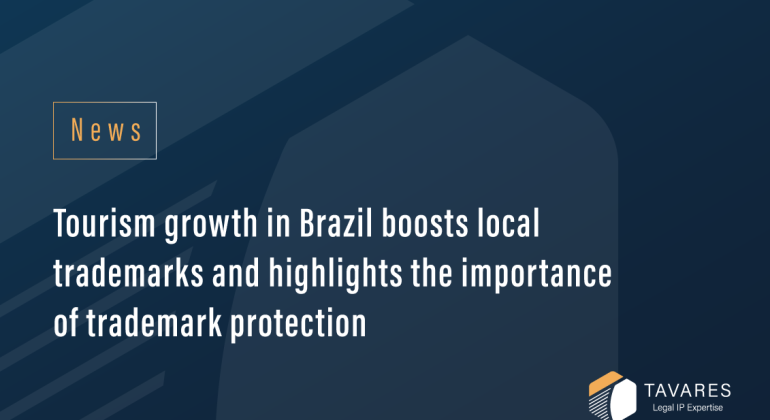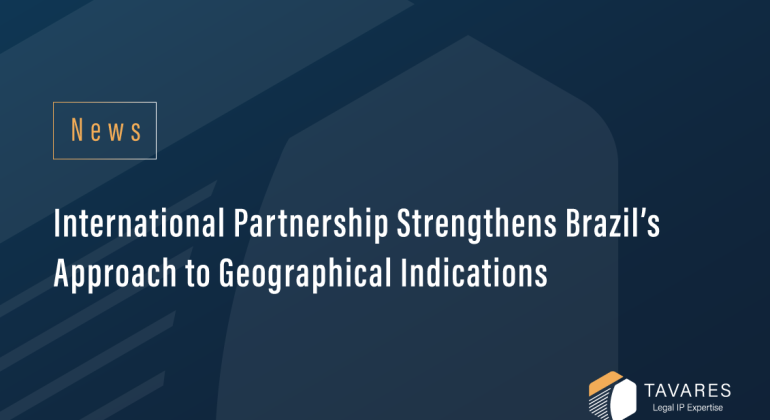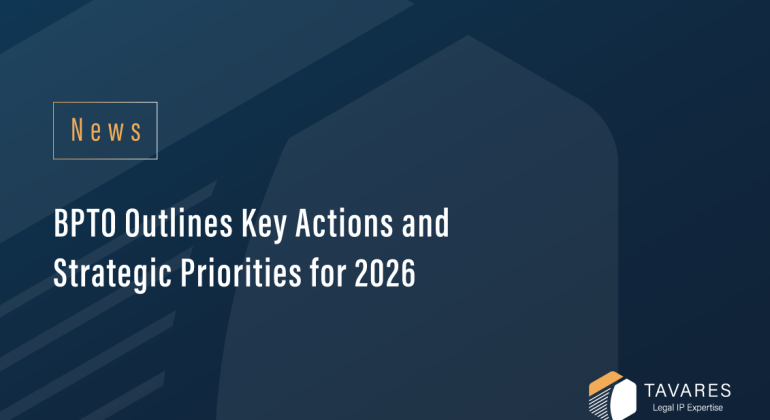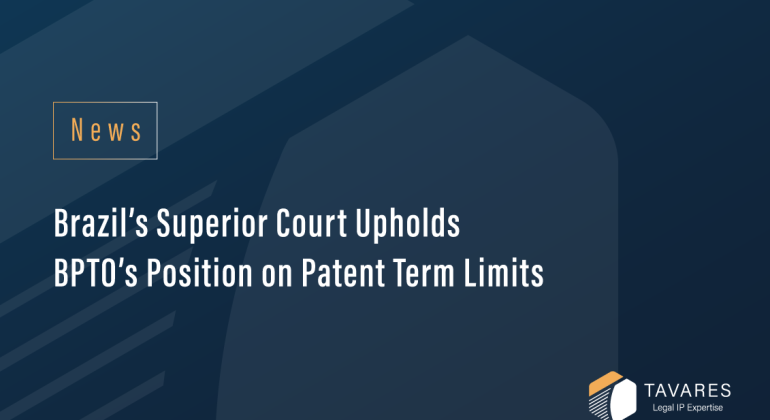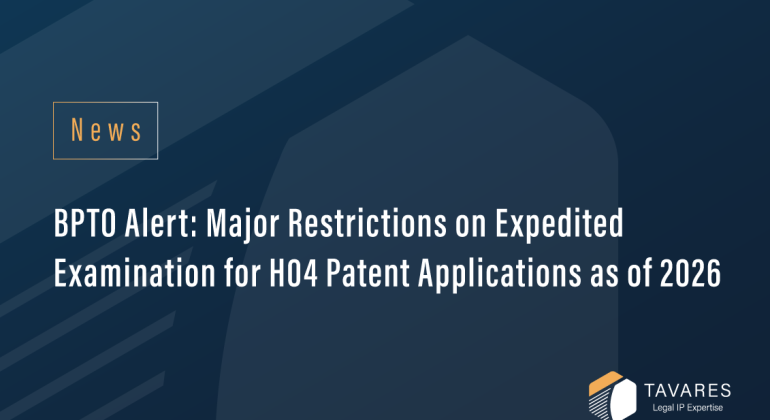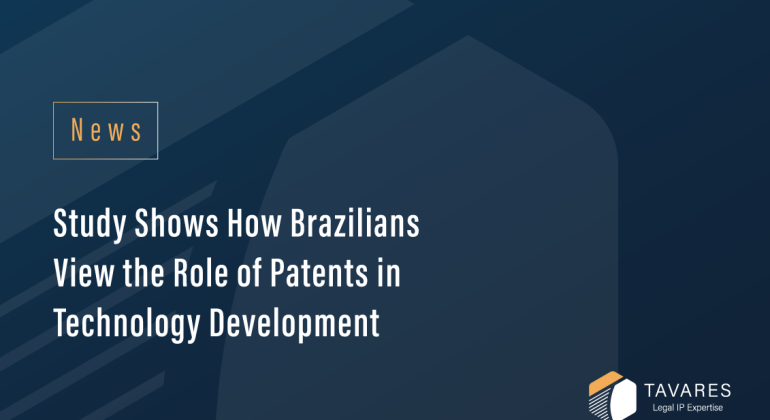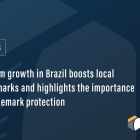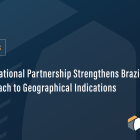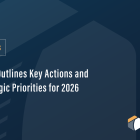Disney–OpenAI Agreement Redefines the Role of AI in the Audiovisual Industry
Disney’s USD 1 billion investment in OpenAI marks a turning point in the relationship between major entertainment studios and generative artificial intelligence. The agreement authorizes OpenAI’s video generation platform, Sora, to use approximately 200 characters from the Disney, Pixar, Marvel, and Star Wars universes, with operations expected to begin in 2026.
Under the agreement, Sora will be allowed to generate short-form social videos featuring licensed characters, including their iconic settings, costumes, and visual elements. Notably, the use of actors’ physical likenesses or voices is expressly excluded. Disney will also gain access to OpenAI’s APIs to develop proprietary products and experiences, including applications for Disney+, while its employees will be authorized to use ChatGPT internally.
From an intellectual property perspective, the agreement reflects a strategic shift. Traditionally, large studios have taken a defensive stance toward AI, emphasizing copyright risks, unauthorized reproduction of protected works, and the potential for litigation. By formalizing a licensing arrangement, Disney moves from opposition to participation, transforming AI from a potential infringer into a contractually authorized actor within its IP ecosystem.
Contracts as the New Boundary of AI Use
According to IP specialists cited in the analysis, agreements of this nature fundamentally change the legal framing of AI-generated content. The contract defines the scope of use, aesthetic boundaries, duration, territories, governance mechanisms, and control of outputs. Any misuse ceases to be a matter of diffuse copyright and becomes a matter of contractual breach.
Importantly, the agreement reinforces that AI systems do not acquire authorship. The underlying characters and universes remain Disney’s intellectual property, while user rights over generated content are limited and strictly subordinated to the licensing terms.
Market Implications
Although the deal does not establish a formal legal precedent, it signals a potential new market standard: generative AI is not inherently unlawful when it operates under explicit authorization, licensing, and governance structures. This approach may encourage other rights holders to negotiate similar agreements, while increasing pressure for more explicit rules regarding training data, post-termination safeguards, and accountability.
At the same time, unresolved challenges remain, particularly for independent creators and smaller rights holders whose works may still be used in AI training without direct negotiation.
For the audiovisual and creative industries, the Disney–OpenAI agreement underscores a broader shift: intellectual property contracts are becoming the primary instrument for balancing innovation, economic exploitation, and legal certainty in the age of generative AI.
Tourism growth in Brazil boosts local trademarks and highlights the importance of trademark protection
International Partnership Strengthens Brazil’s Approach to Geographical Indications
BPTO Outlines Key Actions and Strategic Priorities for 2026
During an event hosted by the São Paulo Intellectual Property Association (ASPI) on December 18, the Director of Trademarks, Industrial Designs and Geographical Indications at the Brazilian Patent and Trademark Office (BPTO), Alexandre Lopes Lourenço, presented the Institute’s ongoing initiatives and strategic outlook for 2026.
Addressing the current landscape, the director highlighted significant operational advances, including the recruitment of new examiners through public examinations, a reduction in patent examination timeframes, and a steady increase in trademark filings. He also emphasized the growing use of artificial intelligence to support examination activities and improve user interaction.
In this context, the new BPTO Services Portal was presented as a key tool for enhancing user experience. Additional initiatives include outsourcing patent searches, streamlining trademark opposition procedures, and the Direct Contact with Users project.
Human resources and institutional structure
Regarding human resources, Alexandre Lopes Lourenço noted that, following the expansion of the technical staff, the main challenge now lies in training and retaining qualified professionals. Among the priorities is the restructuring of BPTO’s career framework to strengthen professional recognition. A new public recruitment process has also been requested for 2026.
From an institutional perspective, the director addressed the proposal to transform BPTO into a regulatory agency, ensuring greater management stability, collegial decision-making, and improved budgetary conditions. This proposal is accompanied by a new organizational structure, designed around processes and efficiency.
Additional strategic initiatives
Other highlights included the reorganization of BPTO’s regional presence into five superintendencies and the expansion of economic and technological studies, such as the Brazil Innovation and Development Index (IBID). They strengthened efforts to combat piracy and counterfeiting.
These efforts include the work of the National Directories for Combating Trademark and Geographical Indication Counterfeiting, as well as the recent launch of a platform dedicated to addressing counterfeit beverages.
The presentation underscores BPTO’s commitment to modernizing Brazil’s IP system and preparing the institution for the challenges ahead.
Intellectual Property and Brazil’s Supreme Court: What to Expect in 2026
According to an analysis published by JOTA, the retirement of Justice Luís Roberto Barroso from Brazil’s Supreme Federal Court (STF) in October 2025 has intensified discussions about the Court’s future composition and its role in shaping intellectual property (IP) law in the coming years.
Intellectual property has long held constitutional status in Brazil. Since the 1824 Constitution, Brazilian law has recognized exclusive rights over inventions and creative works as a tool to promote development. Under the 1988 Federal Constitution, IP is expressly protected in Article 5, items XXVII, XXVIII, and XXIX, covering copyrights, related rights, patents, trademarks, and trade names, while also intersecting with principles such as free enterprise, competition, consumer protection, and the social function of property.
This constitutional framework grants the STF, as a court of last resort, authority to rule on IP-related disputes and to assess the constitutionality of legislation governing the Brazilian IP system.
The legacy of ADI 5.529
As highlighted by JOTA, a key milestone was the 2021 judgment of ADI No. 5.529, in which the STF declared unconstitutional the provision of the Industrial Property Law that allowed automatic patent term extensions. The ruling significantly reshaped Brazil’s patent regime after more than 25 years and retroactively affected thousands of granted patents.
While the decision enhanced legal certainty, it also reignited debates over structural challenges at the Brazilian Patent and Trademark Office (INPI), including persistent examination delays and the need for institutional strengthening. These issues remain under discussion in both the courts and Congress.
IP cases expected in 2026
Looking ahead, JOTA points to major IP cases likely to reach the STF’s docket in 2026. One is Extraordinary Appeal No. 1,266,095 (Theme 1205), involving the long-standing dispute between Gradiente and Apple over the “iPhone” trademark and the legal consequences of delays in trademark examination.
Another high-profile case is Extraordinary Appeal No. 1,542,420 (Theme 1403), concerning copyrights and digital exploitation of musical works. The case involves singer Roberto Carlos and the estate of Erasmo Carlos and challenges the scope of contracts executed decades ago in light of modern digital platforms. The STF has already recognized the matter as having general repercussions, and its ruling may affect contractual practices across multiple IP-driven industries.
According to JOTA, these decisions are expected to play a decisive role in shaping Brazil’s intellectual property landscape, influencing business strategies, regulatory policies, and rights enforcement in the years ahead.
Copyright Law May Guide the Use of Artificial Intelligence in the Music Industry
According to an article published by Consultor Jurídico, copyright law may play a key role in shaping the development and regulation of generative artificial intelligence in the music industry, particularly given the widespread use of protected works by AI platforms without the authorization of rights holders.
The analysis highlights that composers, performers, and musicians have long faced challenges to their constitutional and statutory rights, including legislative proposals seeking exemptions from royalty payments and court disputes over unlicensed public performance of music. Under Brazilian law, all public performance of musical works (whether in physical or digital environments) requires prior authorization, typically managed through collective management organizations and Ecad, the only entities authorized by the Ministry of Culture to collect and distribute such rights.
The expansion of generative AI, including platforms dedicated to music creation, adds complexity to this scenario. As noted by ConJur, the indiscriminate use of copyrighted works by AI systems opens a new chapter in copyright law. It demands regulatory solutions that balance innovation with fair remuneration for creators.
In this context, copyright should not be seen as a barrier to technological progress, but rather as a foundation for sustainable development in the creative industries, ensuring that technological advancement does not undermine human creativity.
Judicial decision sets an important precedent
The ConJur article also highlights a landmark decision by the Santa Catarina Court of Justice (TJ-SC), which upheld the legitimacy of charging public performance royalties even when the background music involved was generated by artificial intelligence.
In the case against the Spitz Park Aventuras theme park, the Court ruled that the absence of an identifiable human author does not exempt the park from obtaining a license. The Court further held that AI-generated music does not constitute an autonomous work, but rather a derivative creation based on preexisting compositions, which remain protected under copyright law.
A technical expert report identified substantial similarities between the AI-generated song and an existing protected work, reinforcing the conclusion that generative AI relies on prior human creations.
According to ConJur, although issued as interim relief, the decision establishes a relevant precedent for the music industry and for broader discussions on copyright and artificial intelligence, reaffirming the role of collective rights management in the digital age.
Brazil’s Superior Court Upholds BPTO’s Position on Patent Term Limits
On December 16, Brazil’s Superior Court of Justice (STJ) confirmed the position of the Brazilian Patent and Trademark Office (BPTO) against extending the term of patent protection beyond the statutory limit.
In a decision issued by the 4th Panel of the STJ, under the rapporteurship of Justice Maria Isabel Gallotti, the Court denied the request to extend the patent term related to semaglutide, a compound used in treatments for type 2 diabetes and obesity.
The ruling aligns with the precedent set by Brazil’s Supreme Federal Court (STF) in Direct Action of Unconstitutionality No. 5,529, which declared unconstitutional the automatic extension of patent terms and established that patent protection in Brazil is limited to 20 years from the filing date.
By reaffirming this interpretation, the STJ reinforces legal certainty and regulatory predictability within Brazil’s patent system (key elements for innovation-driven industries, particularly pharmaceuticals and life sciences).
According to the BPTO, the Institute will continue to act, through its Federal Attorney’s Office and Brazil’s Office of the Attorney General, to preserve the stability and consistency of the national patent framework.
BPTO Alert: Major Restrictions on Expedited Examination for H04 Patent Applications as of 2026
The Brazilian Patent and Trademark Office (BPTO) has announced that, as of January 1, 2026, it will no longer accept requests for expedited examination (fast-track and PPH) for patent applications whose main classification is H04 (Electric Communication Technique).
This restriction will apply to all expedited examination modalities, with limited exceptions for specific categories only (elderly applicants, applicants with disabilities, applicants with serious illnesses, and Brazilian startups).
Exceptionally High Demand for H04
In 2025, on both occasions when the BPTO opened PPH slots for the H04 classification (Q2 and Q4), the available quota was fully exhausted in less than 48 hours, clearly demonstrating the extremely high demand in this technical field.
Impact in 2026
As of 2026, the limitation applicable to H04 will also extend to most fast-track programs, significantly reducing the options available to accelerate the examination of such applications in Brazil.
In practical terms, what alternatives remain for H04 applications?
For applications classified under H04, there are essentially two viable strategies:
- Request fast-track examination still in 2025, where applicable (noting that, for PPH, the Q4 slots have already been fully used).
- Request examination as early as possible: under the current BPTO rules, applications are examined according to the date on which examination is requested, making an early request a strategically relevant factor.
Our alert
For portfolios within this classification, timing has become critical. Delaying strategic decisions may, in practical terms, result in additional years of waiting for substantive examination.
Tavares Legal IP Expertise is closely monitoring these developments and remains available to assess, on a case-by-case basis, the most appropriate strategy for applications classified under H04.
For further information or a strategic review of your portfolio, please contact: patents@tavaresoffice.com.br
Study Shows How Brazilians View the Role of Patents in Technology Development
A study commissioned by Movimento Brasil pela Inovação (Brazil Movement for Innovation) and conducted by Nexus Institute reveals that Brazilians broadly recognize the importance of innovation, patents, and sustained investment in science as key drivers of technological development and healthcare progress.
According to the survey, 83% of respondents believe that the future of healthcare in Brazil depends directly on the pharmaceutical industry’s investment in research and innovation. Despite this perception, awareness remains limited: only one in four Brazilians says they understand how intellectual property rules work in the country.
When informed about the role of patents in enabling technological innovation, public support increases significantly. Approximately 59% support the 20-year patent protection period once they understand its importance in making high-risk, long-term R&D investments viable.
Regulatory efficiency also emerged as a significant concern. Eighty percent of respondents believe that slow and bureaucratic patent registration processes may negatively affect the availability of new medicines in Brazil, highlighting the perceived impact of delays on public health.
The study further explored perceptions regarding changes to patent protection terms:
- 63% believe shortening patent terms could drive healthcare companies out of Brazil;
- 61% say reducing the 20-year protection period discourages R&D for innovative medicines;
- 59% recognize that shorter patent terms reduce access to innovative treatments;
- 63% agree that when patent terms are respected, new treatments reach the population more quickly.
The survey was conducted among 2,005 face-to-face interviews with individuals aged 18 and over across all 27 Brazilian states, between November 14 and 18, 2025. The sample was controlled by gender, age, education level, region, and municipality profile.
The findings reinforce the strategic role of patents in fostering innovation, attracting investment, and advancing technologies that directly impact society.



